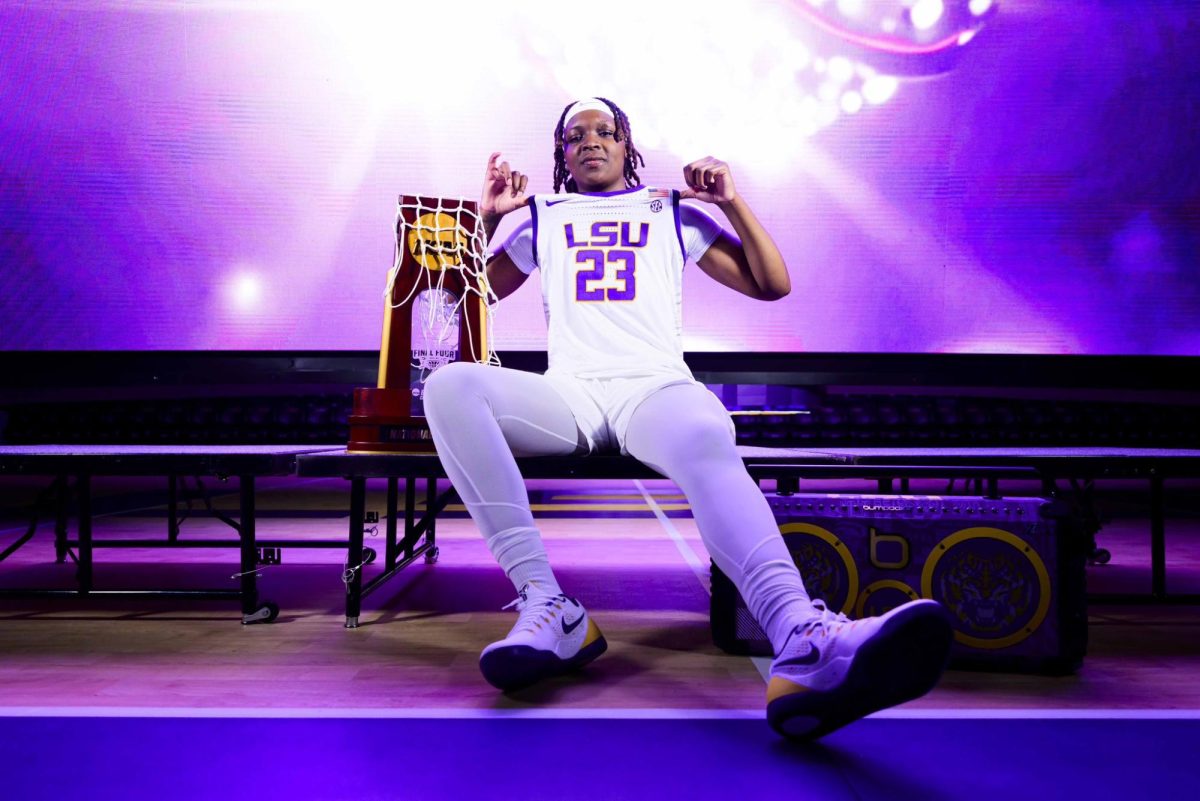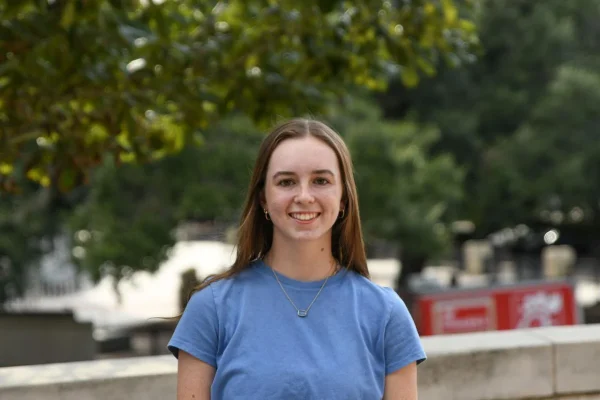Select LSU athletes participated in a Q&A session after LSU’s exclusive screening of the first episode of “The Money Game,” an Amazon Prime documentary that highlights how LSU has utilized name, image and likeness opportunities.
Among the things they were asked was how they felt about college sports’ impending new NIL revenue sharing system, which will have schools directly pay every student-athlete by distributing part of its athletic revenue.
“I just feel like everyone deserves to capitalize on NIL,” LSU gymnast Olivia “Livvy” Dunne said. “Don’t be a hater.”
READ MORE: PHOTOS: “Money Game” docuseries premieres in the PMAC
The new system seeks to regulate the NIL landscape and cut back on unchecked spending, while also making sure that every athlete – not just stars – receive a cut of the revenue their sport generates.
Johnson also noted that this equal access to NIL is especially important for athletes who come from less privileged backgrounds.
“A lot of people, especially from the Black community, they come from communities where they don’t have opportunities, they don’t have resources.”
Former track and field hurdler Alia Armstrong and men’s basketball guard Trace Young, who were also on the panel and are featured in the documentary, both voiced support for the NIL revenue sharing.
The revenue sharing system came about in a settlement for the NIL-related cases House vs. NCAA, Hubbard vs. NCAA and Carter vs. NCAA.
It’s estimated that, under revenue sharing, power conference schools will have budgets of over $20 million to allot to student-athletes.
Even though this new system won’t go into effect until the 2025-26 school year, these athletes who have helped pave the way in the NIL space are happy to see others doing the same.
“Even if it doesn’t affect me, it’s going to affect the next generation and the next generation, so I’m excited to see it,” Johnson said.









